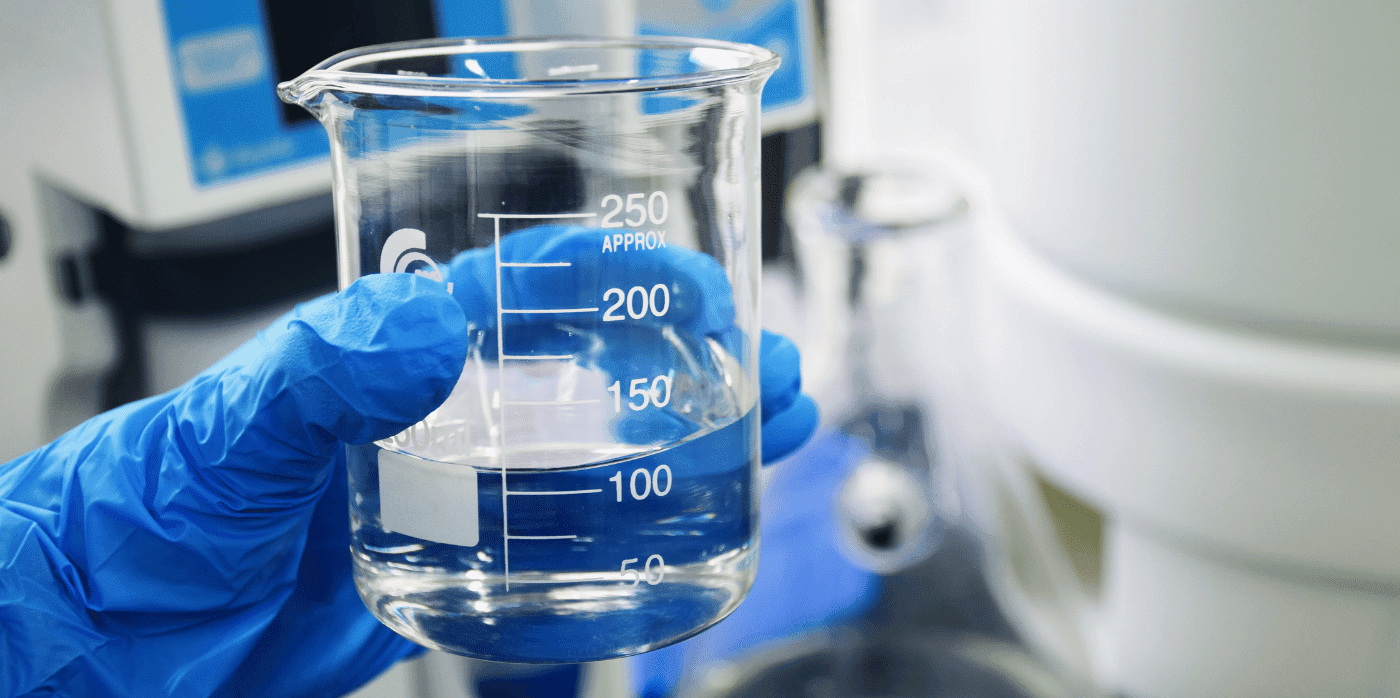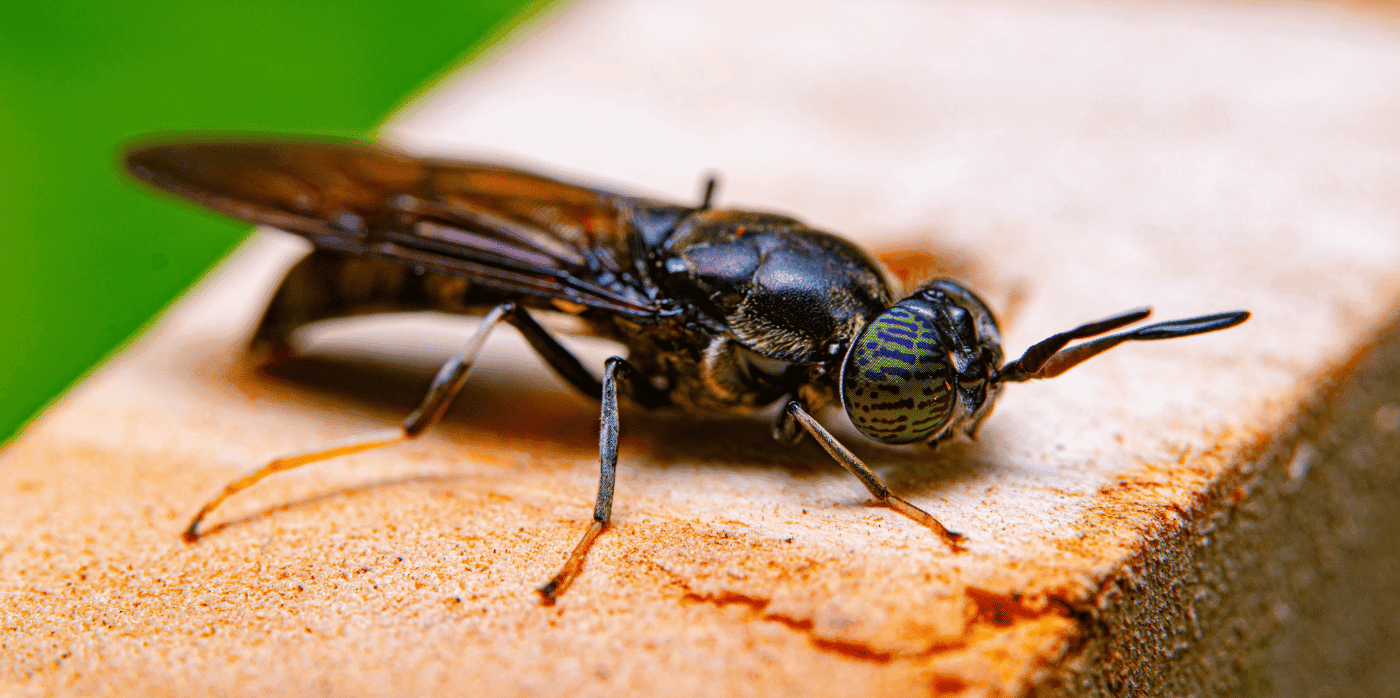Using biotech to purify water and recover valuable waterborne materials

Spotted: Access to safe water, sanitation, and hygiene are essential for health and well-being. Yet billions of people still lack access to these basic needs. On top of this, demand for water is rising due to population growth, urbanisation, and increasing water demands from sources such as agriculture, industry, and energy. But water purification and recovery can be expensive, requiring a great deal of energy, which can, in turn, lead to carbon emissions.
Now, Swedish company Retein has developed a new technology for energy-efficient and high-purity water separation. This has the potential to reduce the cost of recovering clean water while having a lower impact on the environment than traditional methods. The method was initially developed as a PhD project at Chalmers University of Technology.
The technology utilises a channel protein called aquaporin. Channel proteins provide gateways across the cell membrane, allowing water, nutrients, and other resources to move in and out. Retein has developed a new class of aquaporin capsules that are purified and stabilised by silica. These capsules are then incorporated into conventional polymer membranes to allow water to move rapidly across the separation membrane, with very little input of energy.
Not only could Retein’s aquaporins be used to filter water, but also to filter out other materials, potentially allowing the recovery of substances such as lithium from water. Because the aquaporins have been stabilised, they could easily be used as an additive to various kinds of filters on a wide range of scales.
Climate change is increasing the frequency of extreme weather events – including drought and flooding. This is making the need for sustainable water purification more urgent than ever. Luckily, Springwise is spotting a number of innovations in this space. These include a membrane coating that could make filtration cheaper and greener, and a modular wastewater treatment system driven by sunlight and water movement.
Written By: Lisa Magloff



